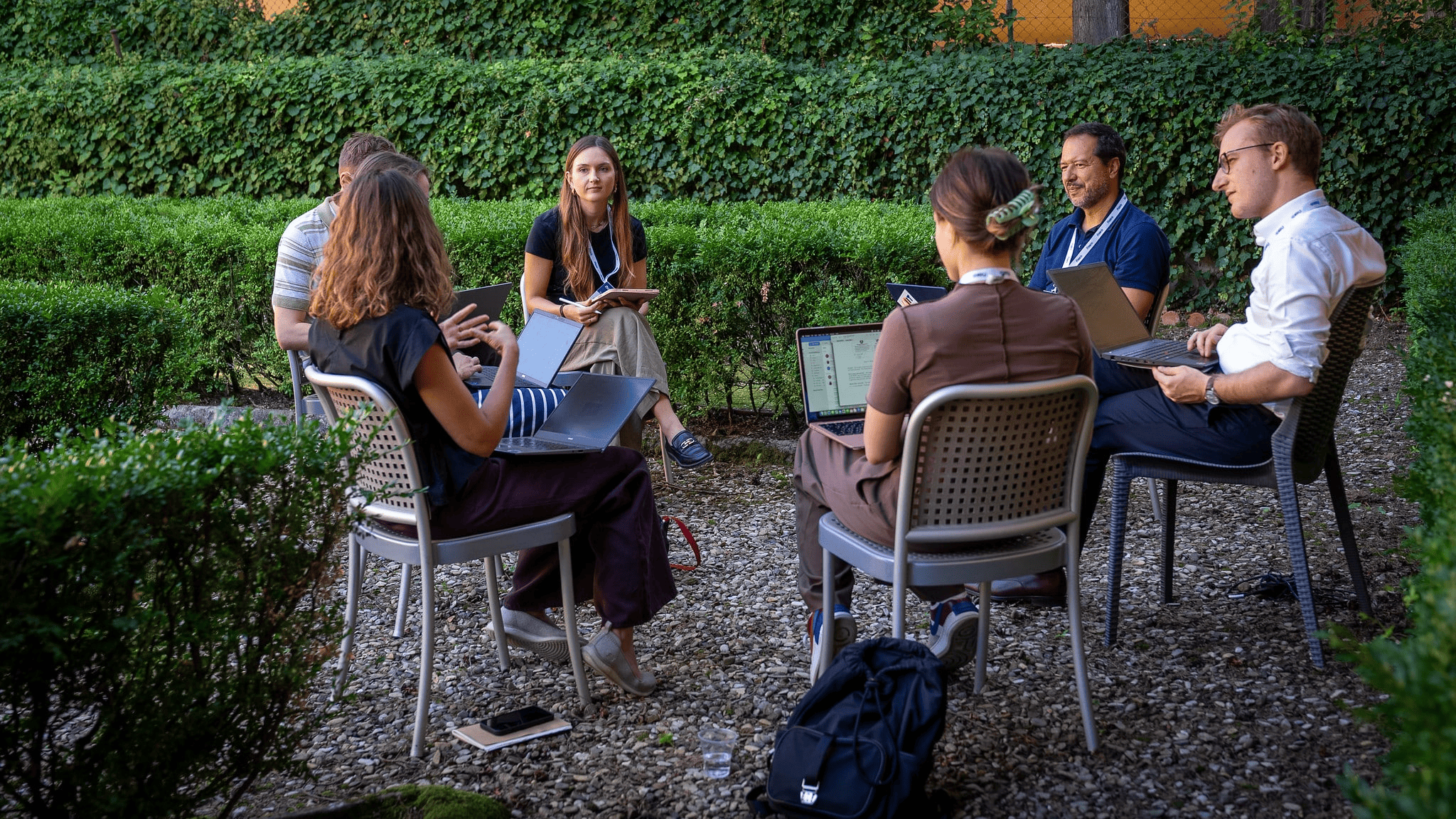Flexibility and market integration to improve energy affordability and EU competitiveness

Join this debate exploring how to unlock flexibility and complete market integration to reduce energy costs and support EU competitiveness.
This debate will focus on how to enhance system flexibility and to complete market integration to minimise the cost of accomodating increasing shares of renewables into the electricity system, thus reducing overall energy system costs to the benefit of EU energy consumers and to improve EU competitiveness. More specifically, the Debate will discuss how to remove the current limitations – e.g. incomplete market integration and barriers to the participation of distributed resources in the markets – to the full potential of renewable-based generation to reduce electricity costs.
Electricity costs for EU consumers are driven by a number of factors, including primary energy costs, network costs and system costs. These costs are greatly affected by the increasing penetration of renewable generation, which is key to the achievement of the ambitious EU climate policy goals. More (intermittent) renewables calls for a more flexible electricity system. How to minimise the costs of flexibility is one of the main challenges of the energy transition, requiring progress in several areas:
- The electricity market is still not fully integrated across the EU. Cross-border capacity made available to the market is still generally well below the 70% target envisaged in legislation. Action plans will expire this year. What is next?
- There are also delays in other aspects of the implementation of the EU energy market rules. ACER reports that 27% of the terms and conditions or methodologies for the implementation of the network codes are delayed. How can timely implementation be ensured?
- The participation of Transmission System Operators (TSOs) in balancing platforms (e.g. PICASSO) is still limited. Last year ACER amended the EU electricity balancing rules to improve the efficiency of the PICASSO platform. Will this be sufficient?
- Flexibility could also be achieved by making the networks smarter. How? Shall this be promoted by new regulatory approaches?
- There are still barriers to the market participation of decentralised resources, such as demand response and storage. How can these barriers be overcome?
- Beyond regulatory barriers, there seems still to be behavioural aspects, especially in the case of residential customers, and implementation uncertainties regarding the role of aggregators, which might prevent demand response fully to deliver on its potential. Which are these aspects and how to address them?
- How to ensure that flexibility needs are met by leveraging the power of markets, instead of relying on support schemes as the default?
Programme
Host: Ilaria Conti
Introduction to the Debate and Opening Presentations
14.00 – 14.05 Introduction to the Debate
Alberto Pototschnig | Florence School of Regulation
14.05 – 14.15 The regulatory perspective: tackling the persistent barriers to demand response and the importance of assessing flexibility needs in a robust manner
Christos Kolokathis | Team Leader – Flexibility and Resilience, Energy System Needs, ACER
Panel Discussion: Introductory Remarks, Polls and Comments
Moderator: Ilaria Conti | Florence School of Regulation
14.15 – 14.45 Introductory remarks from the panellists
Nicola Rega | Executive Director Climate Change & Energy, CEFIC
Gheorghe Visan | Vice-Chair, Core Steering Committee, ENTSO-E
Guro Grøtterud | Markets & Networks Committee Chair, SmartEN
Laurens Rutten | Senior Energy Policy Officer, BEUC
Dylan McConnell | Senior Research Associate, UNSW
14.45 – 14.50 Polls
14.50 – 15.20 Comments on the polls outcome and Q&A from the audience
Panellists
15.20 – 15.30 Concluding remarks
Ilaria Conti | Florence School of Regulation
Alberto Pototschnig | Florence School of Regulation
Presentations
Don’t miss any update on our events
Sign up for free and access the latest events from our community.













